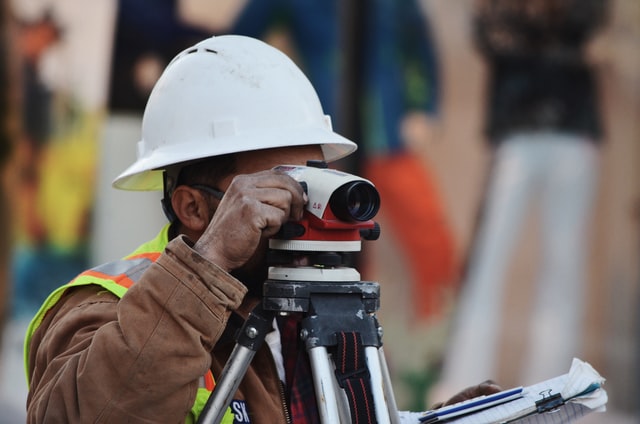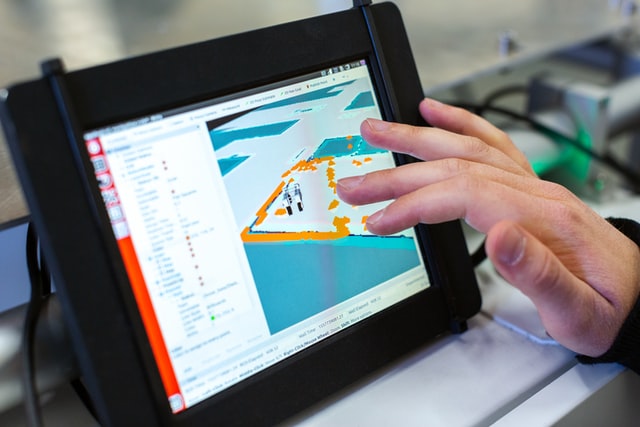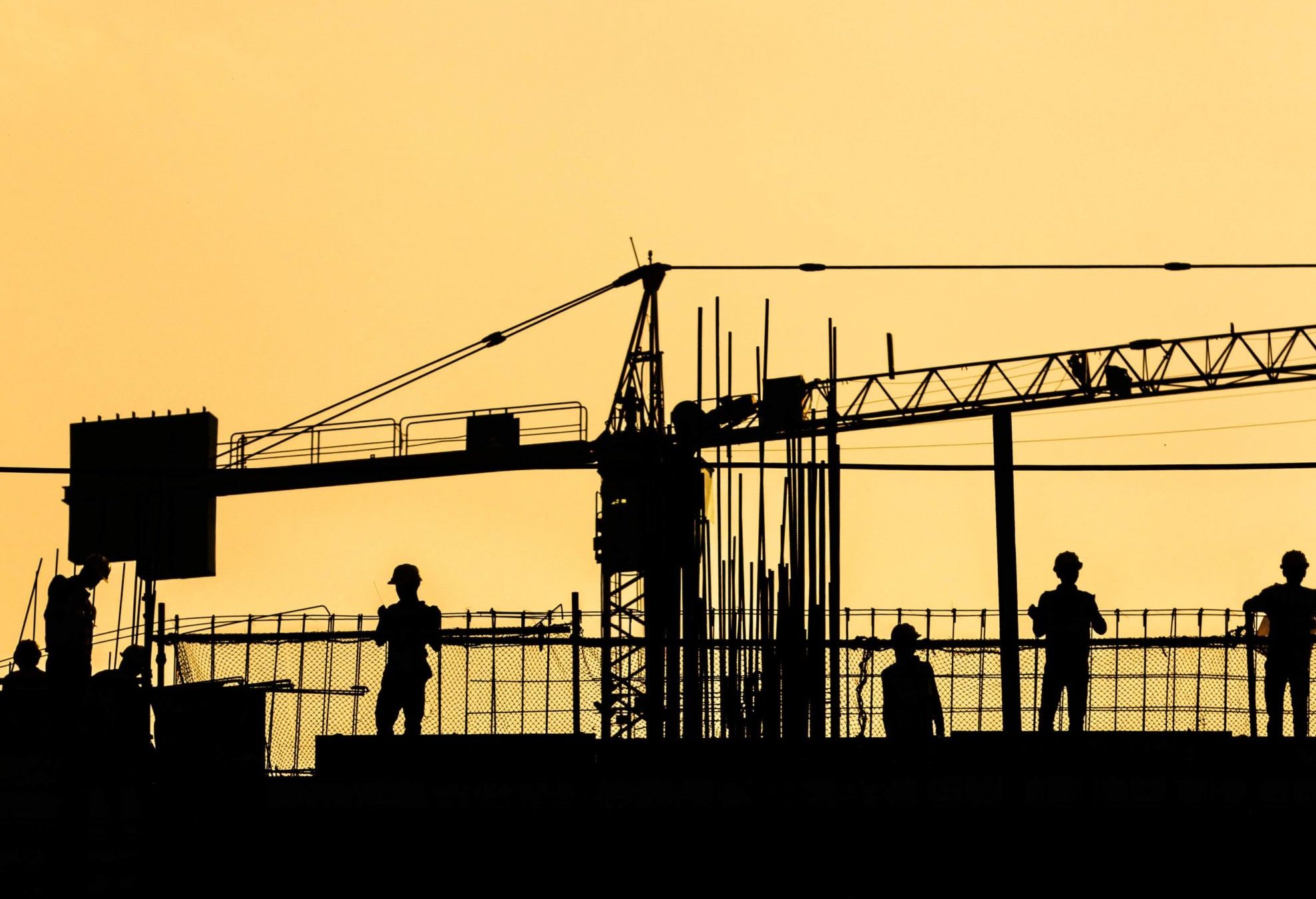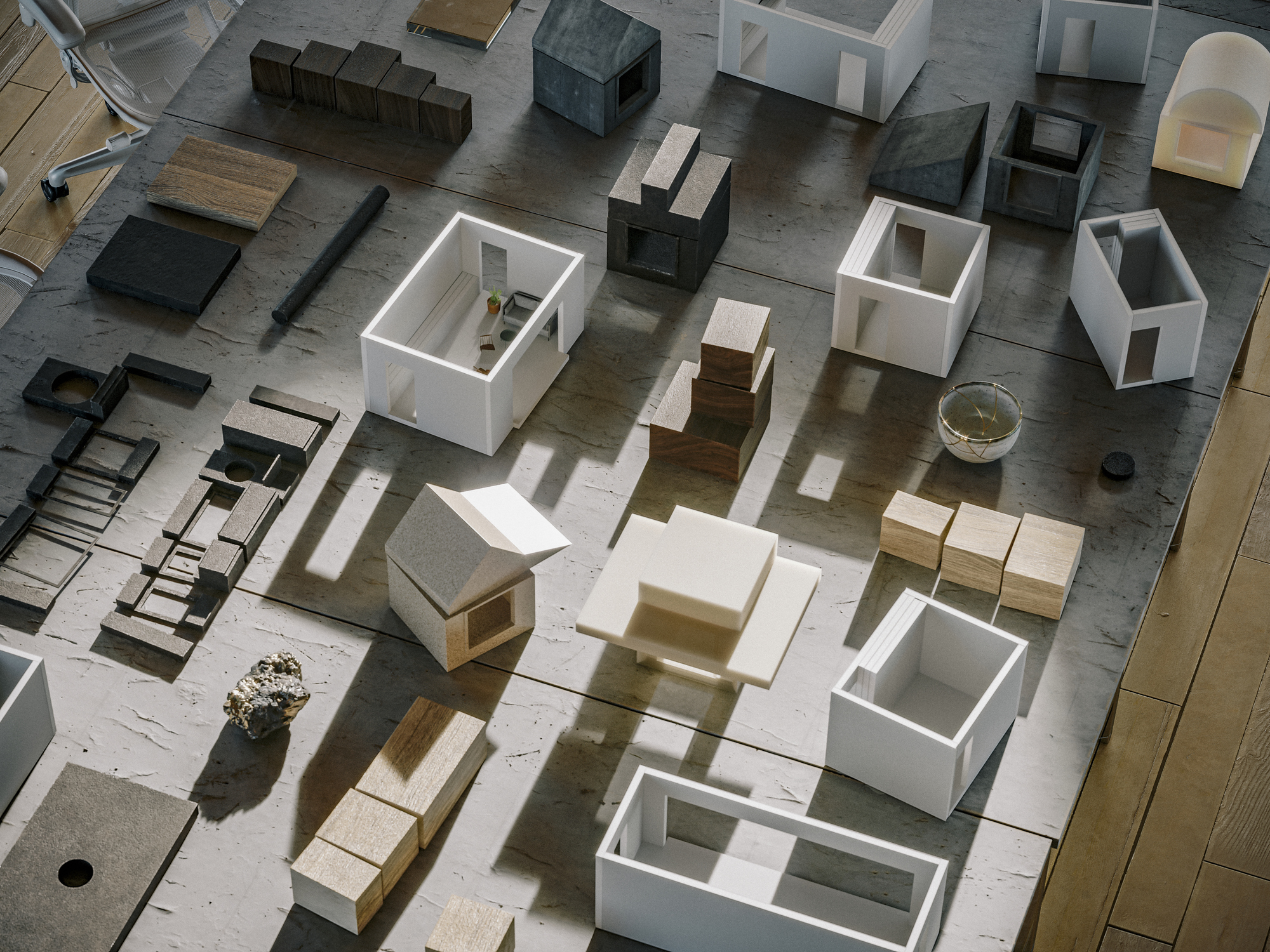The construction industry is often known as a tech lagger but recently, there has been increased attention to this vertical by the Venture Capital community. Construction tech funding increased 100% in 2021 hitting a record high of $2.1 billion and all signs show that 2022 will be even bigger.
There are reasons why this industry is ripe for disruption. According to a recent McKinsey study, large projects across asset classes typically take 20% longer to finish than scheduled and are up to 80% over budget. Much of these errors are due to disconnected and manual workflows.
In this article we focus on the five disruptive trends in the construction industry, the new player in the innovation landscape. While at CRETech in San Diego this year, we chatted with several investors and leaders in the construction industry and learned key insights on where innovation is heading.

1. AI and Construction Management Software
The sheer amount of applications of AI in the construction sector are endless. This does not mean that machines and algorithms can replace human work, however, with proper adoption and workflow adaption, they can be the sector’s best ally.
As Sumana Rao in a brilliant piece on Constructible points out, “robotics, AI, and the Internet of Things (IoT) can reduce building costs by up to 20%”. They can reduce and/or mitigate risks preventing errors and even improving productivity among the workforce.
These are a couple of AI and IoT startups to watch in the field.
Rugged Robotics is a Houston-based construction technology company that promotes intelligent automation for commercial construction sites. Their principal product is an autonomous vehicle that marks fully-coordinated A/E designs directly onto unfinished floors with the aim of improving labor productivity and delivering fast and accurate layouts, enabling fast and efficient installation.
Hosta Labs comes from Massachusetts and it is reinventing the task of on-site property assessments. Its technology uses AI to detect 1,2, and 3-dimensional measurements, itemized material and content, floorp lans, CAD models and other tailored reports. No cameras or special equipment is required, nor even apps, just a few photos. This permits the analysis of images of interior property structures in order to provide in-depth property data and technical drawings.
2. AR, VR
The buzz around AR (Augmented Reality) solutions is getting louder and the construction industry is finding several new applications for the latest technology.
All business sectors are now immersed in the AR revolution and there are several applications as well for that industry. AR is starting to help project planning, measurement, team collaboration and safety training.
There are a lot of technologies and innovative solutions being built and now even leveraged throughout the industry.
GAMMA AR, for example, is an app that overlays 3D BIM models on the construction site which permits to detect errors prior to constructing the building, reducing mistakes and unnecessary back-and-forth between parties. The platform increases efficiency by enabling speedy inspection and defect reporting on the construction site.
3. Sensor Data
According to Zion Market Research, use of sensors at global level is expected to reach $27 billion through this year. By using wearables with IoT technology, smart sensors and big data have an increasingly important role in the modern worksite. The promise of these sensors is for increased safety on the worksite with constant monitoring of site conditions and empowering better facility management.
OpenSensors, a company that provides a workplace transformation solution by measuring air quality and space occupancy recently raised $4M to help clear the path and get employees safely back in the office. OpenSensors gives a complete view of space utilization and in today’s hybrid work culture they can give employers and landlords an accurate picture of patterns and space capacity.
4. Digital Twins

In construction, a digital twin is an exact digital replica of a construction project or asset. They are created by gathering real-world information about the building using technologies such as sensors, 3D laser scanners, drones, and other IoT-related devices. They show details on how people will use the space and bridging the gap between form and function. Their life extends beyond construction because these digital assets also come in handy to manage the building going forward.
The pandemic and advances in technology are pushing the use of ‘digital twins’ into the construction mainstream. According to Deloitte, the global market for digital twins is expected to grow 38% annually to reach $16 billion by 2023.
5. Sustainable Building Materials
This is the field in which the construction sector could innovate most. Nowadays there are a quite range of sustainable building materials, such as cross-laminated timber, reclaimed wood, bamboo, recycled rubber, straw bales, rammed earth, hempcrete. All carbon-neutral.
There are several startups who are acting in the field.
Arqlite is an Argentinian startup that developed a technology to transform plastic waste into light recycled aggregates and artificial gravel that can be used for drainage systems, and to produce precast and light concrete with a low carbon footprint for non- structural purposes.
Clean Fiber makes high performance building insulation from recycled corrugated cardboard providing low dust, contamination and risk.
More green building startups to follow: Biomason, using biology to produce cement; the Israeli ECOncrete, for marine construction; Brimstone Energy, hardware cleantech startup.
There are several innovations that could change the construction sector as we know it and a lot of startups are working on it. The sector is dramatically evolving and we expect to see impressive improvements for both workers and the workplace.
This article was written by Silicon Foundry Partner Anne Gherini and SiF editor Laura Fois.



